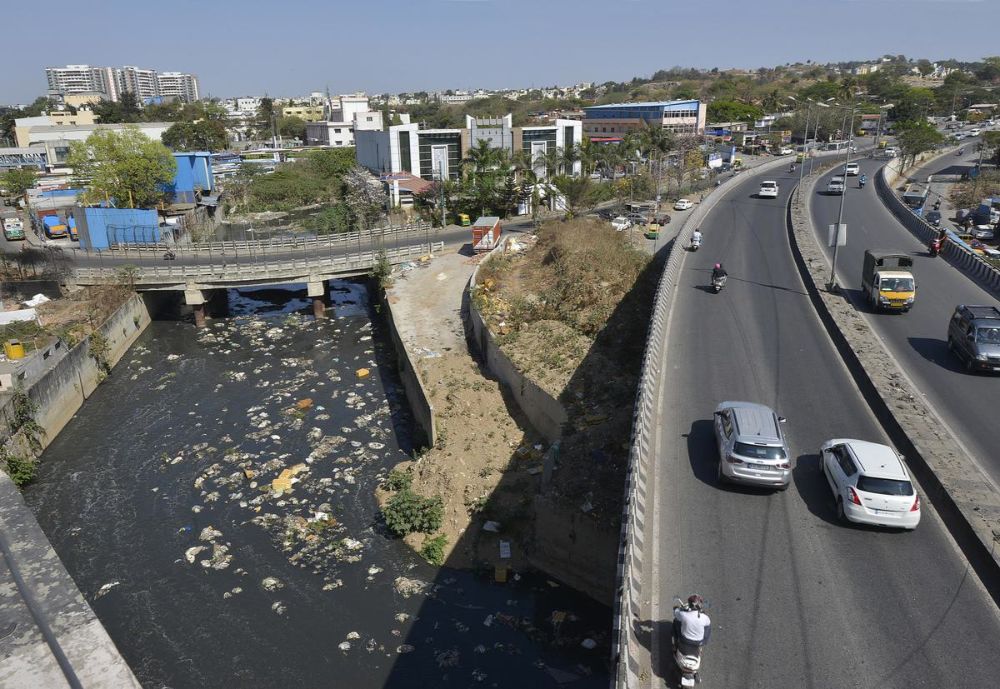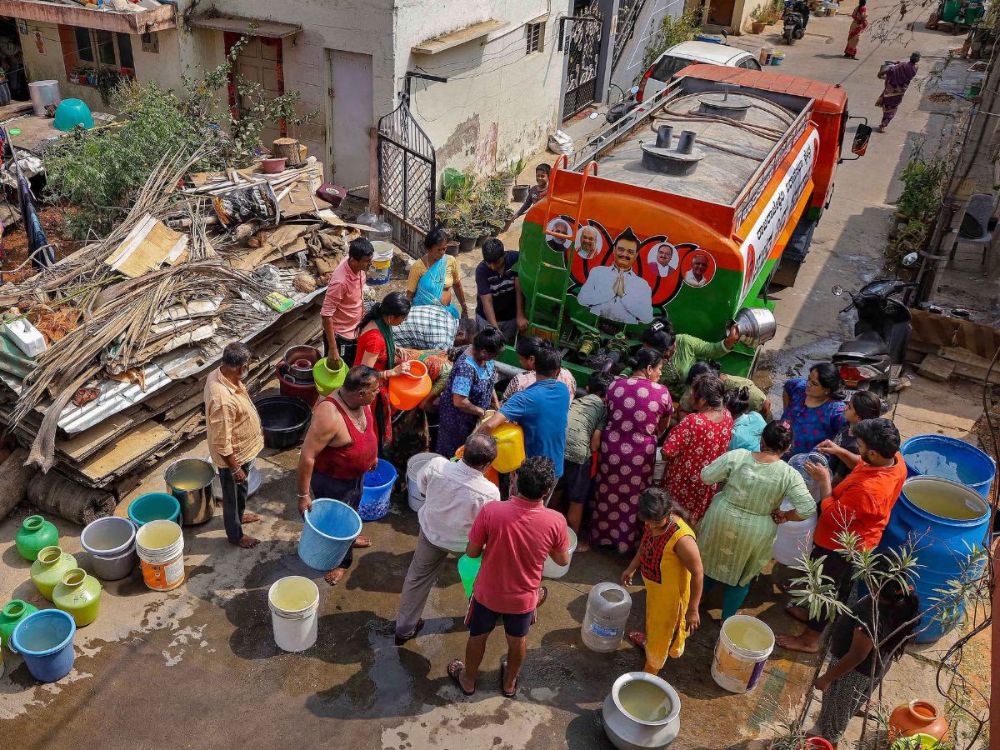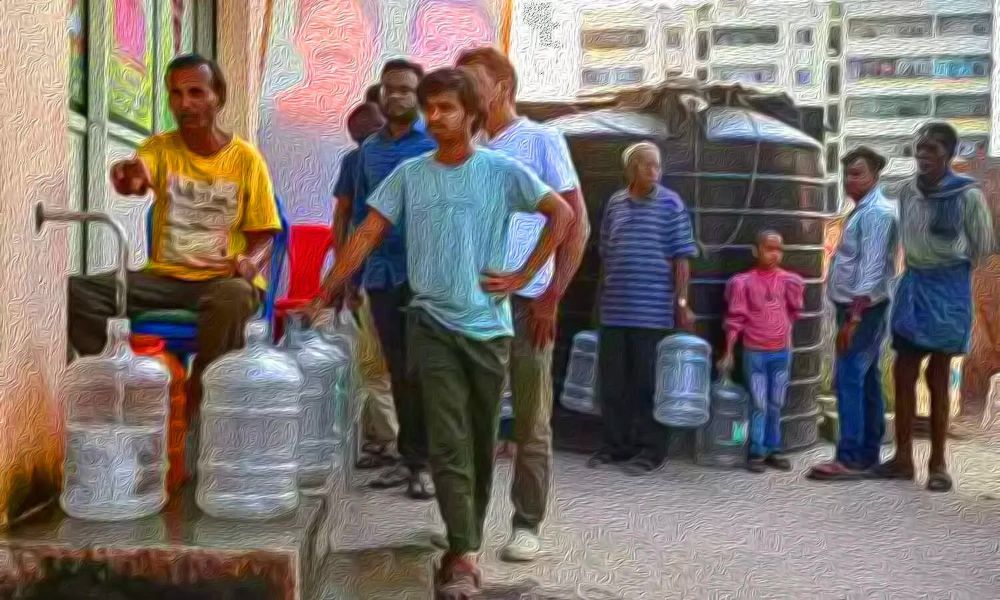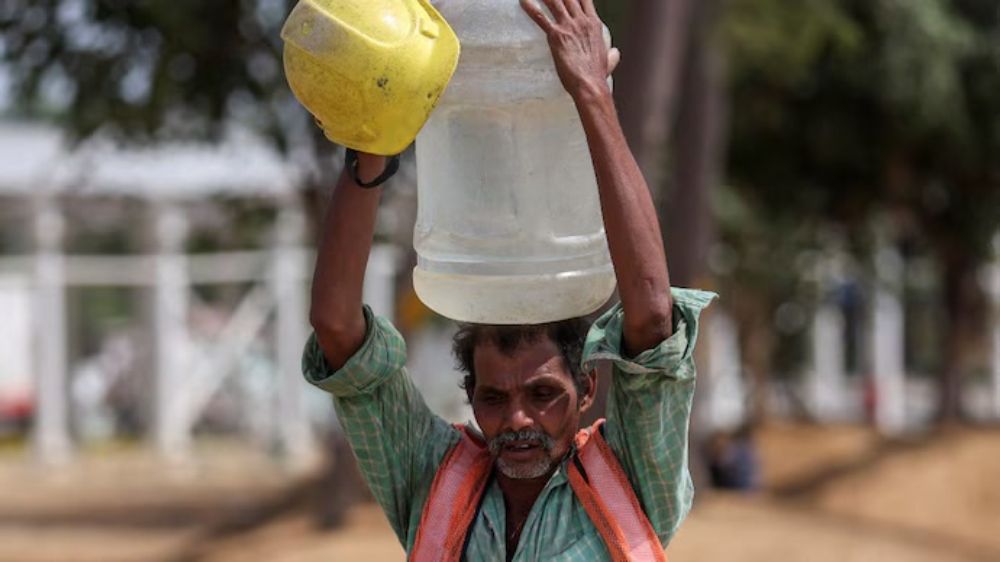Official data reveals a concerning reality: India’s 150 primary reservoirs are operating at a mere 36% of their total capacity. This decline in water storage is particularly felt in the southern states like Karnataka, where cities like Bengaluru are grappling with severe water shortages. The causes? Rain deficiencies during the previous year’s monsoon, dwindling reservoir levels, and the loss of natural water bodies due to rapid urbanisation.

According to the Central Water Commission’s weekly bulletin, the total live storage capacity of these reservoirs stands at 178.784 BCM (billion cubic metres), accounting for only 69.35% of their total capacity. Presently, the live storage available is 64.606 BCM, marking a significant shortfall compared to previous years and the ten-year average.
Week-on-Week Decline
With each passing week, the reservoir capacity witnesses a decline, signalling a worrisome trend as the summer season approaches. The latest bulletin reports a live storage capacity of 36%, down from 38% the previous week and 40% the week before that.
Regional Disparities

The northern region, encompassing states like Himachal Pradesh, Punjab, and Rajasthan, faces its own challenges with water storage, recording only 32% of its total capacity. Meanwhile, in the southern states, including Tamil Nadu and Karnataka, the situation is even direr, with storage levels at a mere 22% of total capacity.
Addressing Concerns in Bengaluru
In the midst of these water woes, the Bengaluru Water Supply and Sewerage Board (BWSSB) reassures IT companies in the city of continued water supply. BWSSB Chairman V. Ram Prasath Manohar recently convened a virtual meeting with IT companies to discuss measures to mitigate the situation and ensure sufficient water supply. The completion of the Cauvery 5th stage project is expected to significantly augment water availability, offering a glimmer of hope amidst the crisis.
Call for Long-Term Solutions
While immediate measures are being taken to alleviate water shortages, there is a growing consensus among netizens for long-term solutions to ensure sustainable water management. Proactive steps are urged to combat environmental degradation and enhance water conservation efforts, highlighting the importance of collective action to safeguard the city’s ecological health.

Neighbouring States Extend Invitations
Amid reports of water shortages in Bengaluru, neighbouring states like Kerala have extended invitations to IT companies, offering abundant water and comprehensive facilities. With Bengaluru’s water crisis intensifying, such invitations underscore the urgent need for comprehensive water management strategies to address the city’s growing demands.
Cauvery Phase 5 Project: A Ray of Hope
To meet Bengaluru’s escalating water needs, the Cauvery Phase 5 project is underway. This ambitious project aims to provide additional water supply through a Water Treatment Plant (WTP) with a capacity of 775 MLD, slated for completion by 2024. With funding from the Japan Infrastructure Cooperation Agency (JICA), this project signifies a crucial step towards securing Bengaluru’s water future.

As India grapples with water scarcity, concerted efforts at both the regional and national levels are imperative to ensure sustainable water management and mitigate the impact of the looming water crisis.
